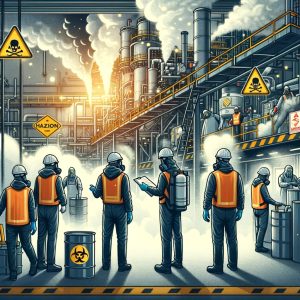Benzene Cancer Risks. In today’s article, I am going address the hidden dangers associated with Benzene, particularly the outsize role that Benzene plays in our modern industrial society and the link of Benzene to cancer risks, especially catastrophic cancers and leukemia.

Benzene is linked to cancer and leukemia. Injured? Call Dr. Shezad Malik at 214-390-3189
What is Benzene?
Benzene is a colorless, chemical compound that occurs naturally in crude oil, gasoline, and as a byproduct of combustion processes. It is widely used in the manufacture of plastics, resins, synthetic fibers, rubber lubricants, dyes, detergents, drugs, and pesticides. Despite its widespread use, benzene is known to be a potent carcinogen, posing significant health risks to humans, particularly through inhalation, ingestion, or skin absorption.
The evidence from epidemiological studies, animal research, and mechanistic insights provides a strong scientific basis for the carcinogenicity of benzene. Understanding these mechanisms helps in assessing the risks associated with benzene exposure and underscores the importance of minimizing exposure to protect human health.
Benzene Cancer Risks is multifactorial
Benzene, a widely used chemical in various industries, presents several hidden dangers due to its carcinogenic properties and the fact that its harmful effects might not be immediately apparent. Here are some of the hidden dangers associated with benzene exposure. Continue reading
 Dallas Fort Worth Injury Lawyer Blog
Dallas Fort Worth Injury Lawyer Blog

